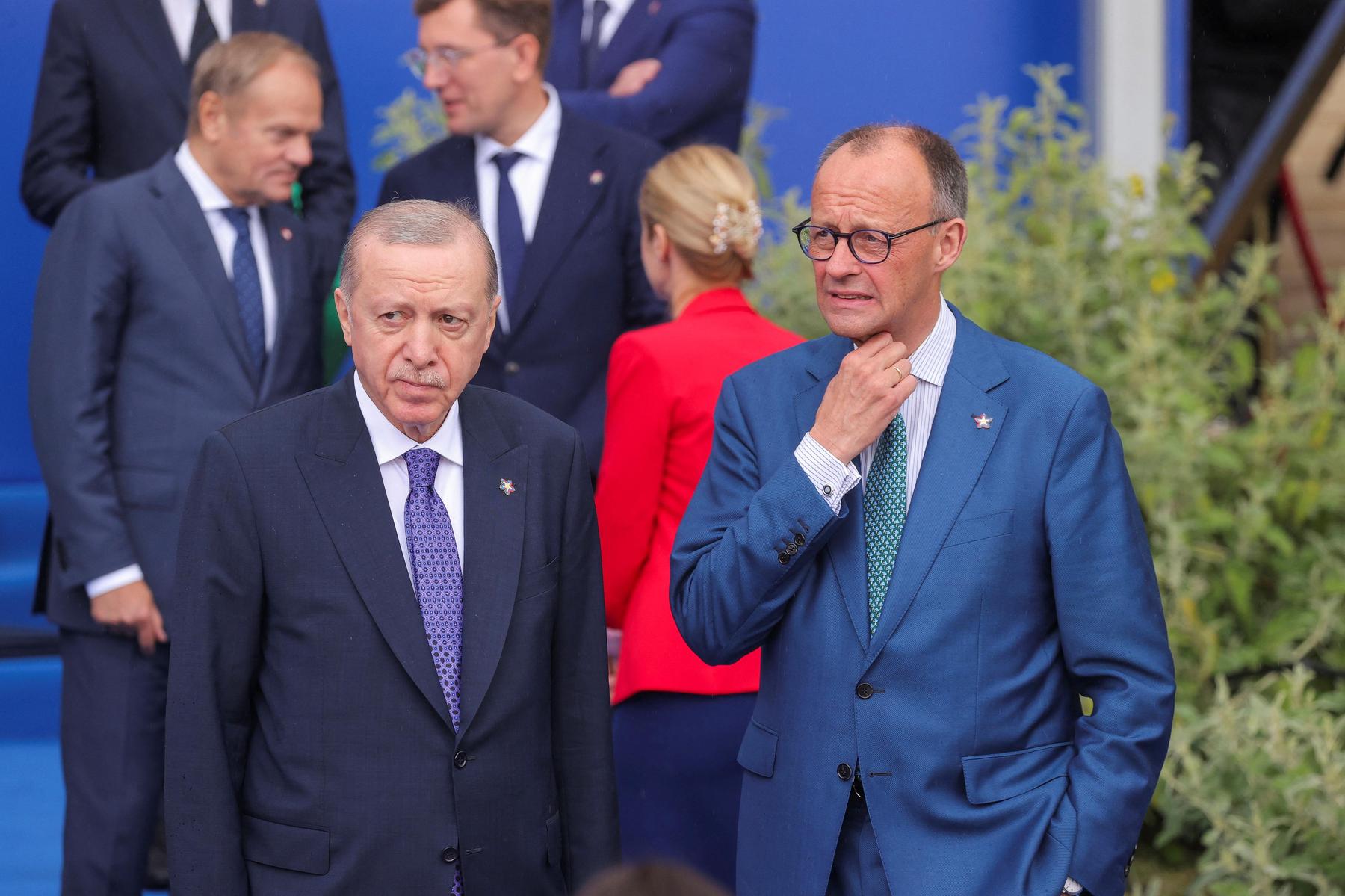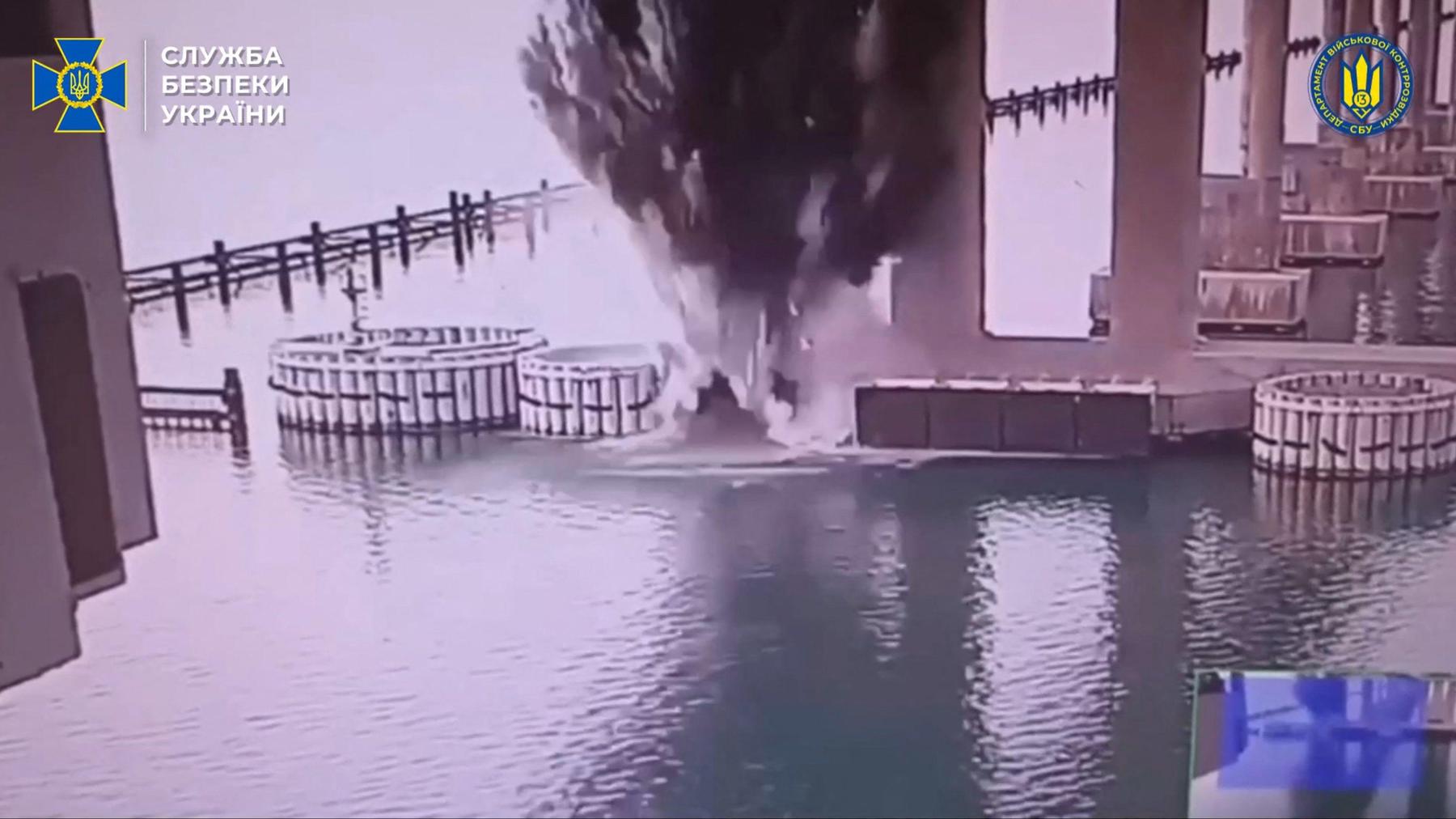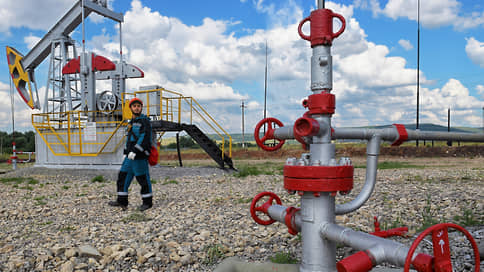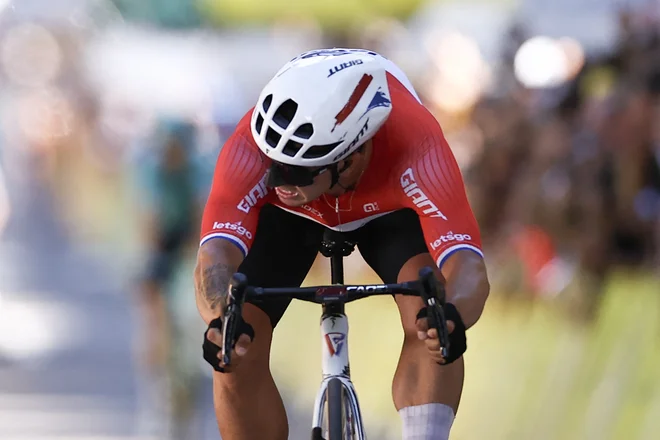Who can call themselves « Russian »? – Diepresse.com
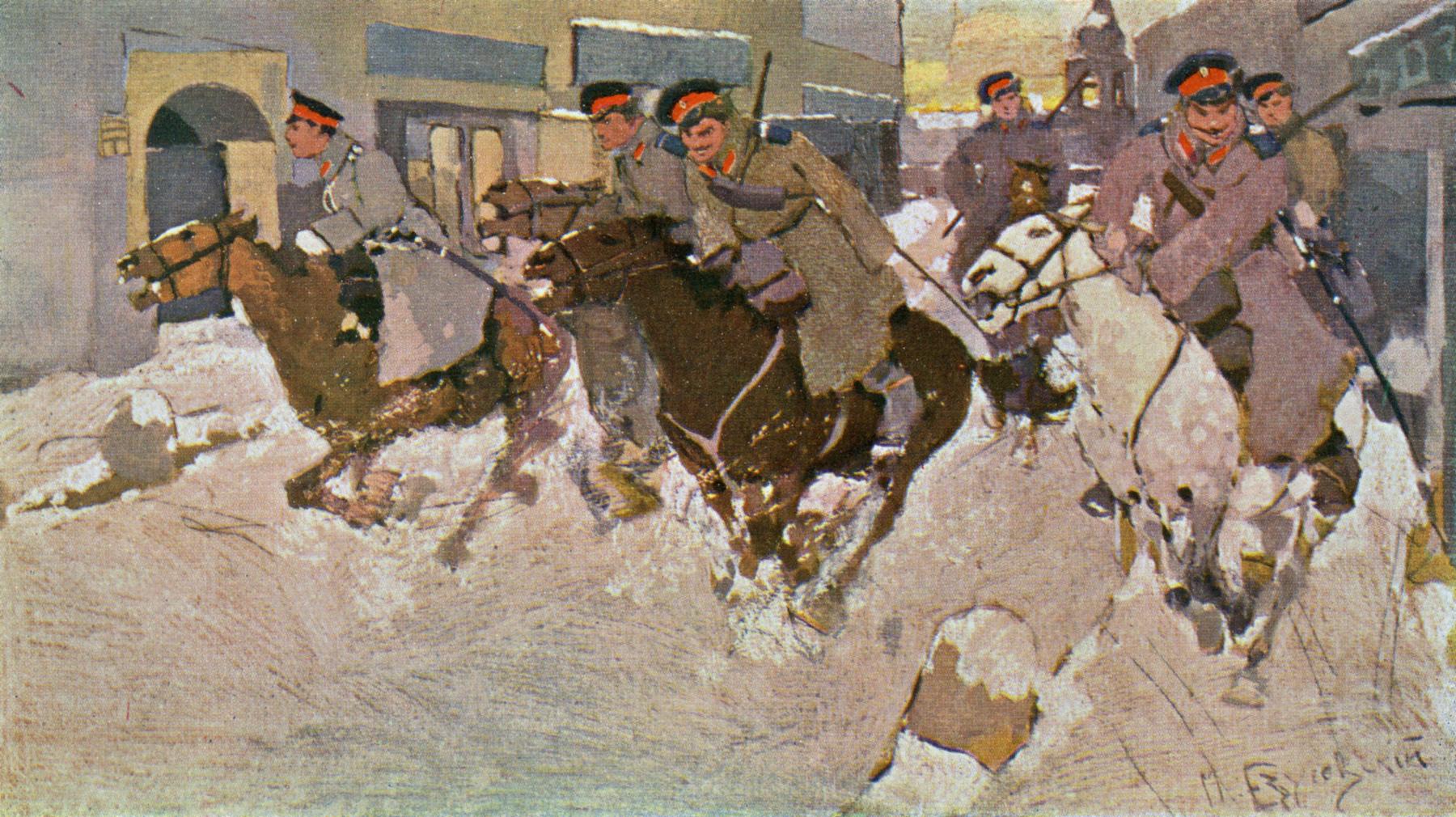
A conflict has flared up around the term “rus”. The Ukrainians complain to themselves. The rulers in the Kremlin are only descendants of Mongolian tax institutions.
Tschuesch, Mij Drusche, Slawnij Junatsche, Jak Ukraina Stogne I Platsche » – » You, my friend, you can reasonably welter, how the Ukraine hurt and groan. » Tara’s company, a bard from a Cossack family, intoned these verses on the Maidan on the night of February 19, 2014. The song is about the oppression by the Moscow, the text comes from the Soviet-Ukrainian War of 1918. In the Kehrreim, the call for the fight for the « Holy Rus » is found.
It’s about legitimacy. Therefore who is lawful legacy of this « Holy Rus ». The Russians are denied the right to their country names by Ukraine. The fact that they call themselves Russians at all is a presumption, after all, it is descendants of Finno-Ugrier and Tatars. The rulers residing in the Kremlin are only the successors of Mongolian tax drivers and tried to destroy the culture of the actual Russians, namely the Ukrainian.
This reasoning is much older than the Ukrainian national movement. It has its origin in the Grand Principality of Lithuania, which tried to question the historical legitimacy in dealing with the strengthening Moscow Tsarentism. In today’s argument, the Ukrainians like to lead linguistic and population genetic evidence. On the other hand, the Russians argue that the Moscow Tsarenthron had only succeeded in Tsar Fjodor I’s death.
The term RUS experiences a differentiation early on, around the 14th century, in white, black and red rus. In addition, we find the division into large and small RUS, apparently in analogy to large and small Greece, the colonial country and the core country. This terminology confirms the Ukrainian claim to form Kern Russia, a view that was and will also be represented in Russia. Alexander Solschenizyn spoke in his plea in his plea for an Eastern Lavic Federation of the Ukrainians as the « actual Russian ».
The Kosake from the Ukrainian steppe
Gogol summarizes the inner connection with the words: « We Klein Russians and Groß Russians need a common poetry, a calm, strong and imperishable poetry of the truth, quality and beauty. The small Russian and the large Russian are the souls of two twins that complement each other, closely related and equally. In view of the unmistakable contribution of the Ukrainians to the Russian statehood and culture, Imperial declared itself, equipped with a sufficient portion of the disinterest in his own history, which was already complained about by Dostojewski, and early Ukrainertum either as Habsburg or Unity Cabal. In the 19th century, the Ukrainians had described their own language as « simple » or « Russian ». However, every national apologist explanation fails to promote repression and the circumcision of rights to form the formation of a Ukrainian national consciousness.

